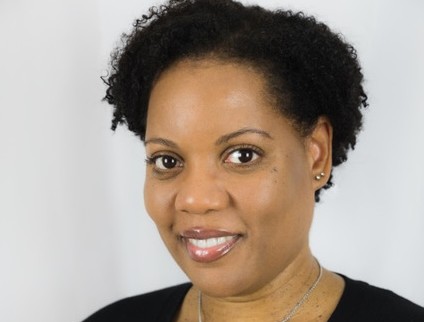
HomeEquity Bank’s clients tend to be a bit older, a demographic that values safety and security. And as phone and online scams have increased during the pandemic, it is using the services of a notorious scam artist to help keep their financial anxieties at bay.
Since the COVID-19 pandemic began, scam calls have reportedly been on the rise, as companies offered everything from fake COVID-19 tests to cleaning companies claiming their duct-cleaning can protect Canadians against the virus. The Canadian Anti-Fraud Centre says that although virus-related scams have dropped off, more typical scams, like ones related to claims about compromised finances or social security numbers, have picked back up. It says it’s on track to double the number of reported scams from last year.
That’s especially concerning for HomeEquity, which counts seniors as its primary demographic, and one that is more vulnerable and targeted more often for these kinds of scams. According to research the bank conducted with Ipsos, 91% of Canadians over 55 believe they are more vulnerable to fraud; more than half believe they have targeted, and a third have fallen victim to one.
To address this, HomeEquity and agency Zulu Alpha Kilo created four videos staring Frank Abagnale, an infamous former con man turned security expert who was the subject of the film Catch Me If You Can.
In “Catch The Scam,” Abagnale talks about how different scams work, like the “Romance Scam,” where the scam artist claiming to be from another country attempts to woo lonely, older people on dating sites and social media before asking them for money to fund a visit. Or the “CRA Scam,” where the scam artist poses as the Canada Revenue Agency, claiming that one has unpaid or misfiled taxes that could result in jail time if they don’t send cash to settle their account. He then offers tips on how to safeguard against each type of scam, and things to wary about to help identify one.
[iframe_youtube video = “I5oeanWiMJw”]
Yvonne Ziomecki, EVP and CMO at HomeEquity Bank, says timing was the most important part of the campaign. HomeEquity’s clientele base is those 55 and older, with the average client being 72 years old. Due to the fact that seniors are more susceptible to contracting COVID-19, Ziomecki notes how that segment of the population has been stuck at home even more than younger Canadians.
“You’re seeking any sort of human interaction,” she says. “When you get a friendly voice on the other [end] of the phone, or you get someone emailing you something that looks totally legit, you may have your guard down and you may fall victim to these scams.”
That is intersecting with the fact that the virus has made Canadians more fearful about their health and finances, increasing anxiety among a group that tends to worry more, a fact scam artists prey on.
“The fact that our customers really worry about safety and security…as a bank brand, we thought, ‘What could we do, to help ease the stress, ease the anxiety, and give them some practical tools?’” Ziomecki says.
[iframe_youtube video = “-9ze-idWV1o”]
HomeEquity’s primary financial product, the CHIP Reverse Mortgage, enables Candian homeowners over 55 to access up to 55% of their home value while maintaining ownership of their home, and Ziomecki adds that some clients have used the CHIP Reverse Mortgage to help recover after falling victim to a scam.
Besides being a practical service its client base would appreciate, Ziomecki says this campaign fits into HomeEquity’s brand positioning, which is “all about keeping people in their homes and letting them live out retirement in the homes they love,” something they’re more able to do if they avoid financial scams.
The media buy for this campaign, which is running on digital and social channels, was handled by iQuanti.























